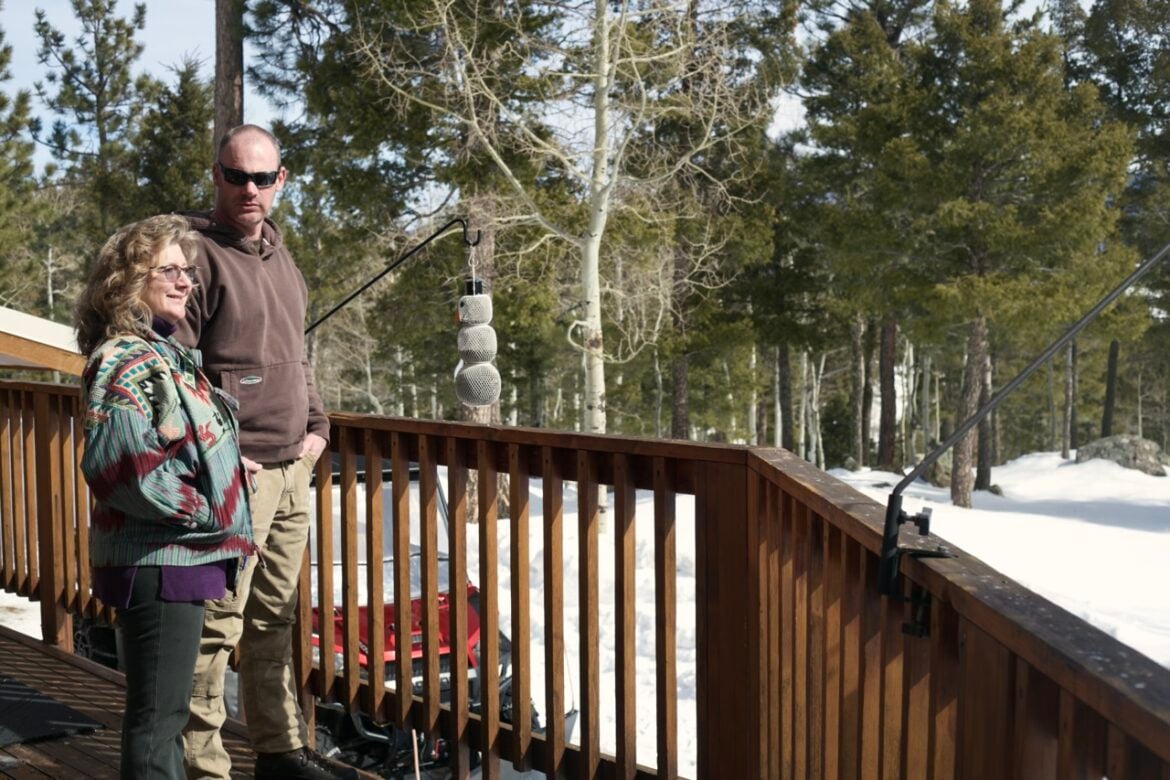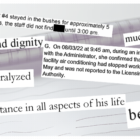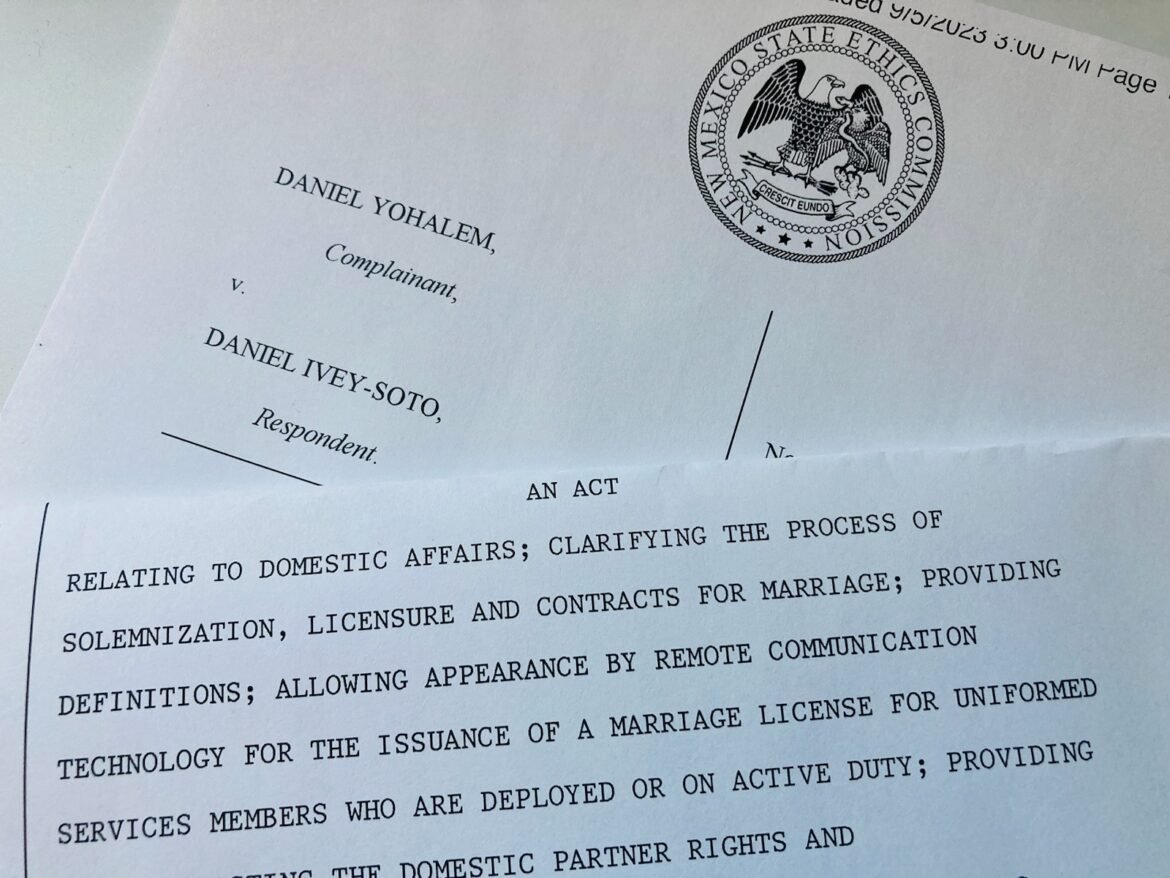Health
New wildfire defense grant program at a snail’s pace as fire season looms
|
Kim Wright has spent hundreds of hours on the phone with neighbors.Wright, a retired nurse, volunteers with the Cimarron Watershed Alliance, a nonprofit focused on watershed and forest health on the eastern edge of the Sangre de Cristo Mountains. The 2022 Hermits Peak-Calf Canyon fire made the fears of a catastrophic fire feel all the more real. So when she learned a year ago that the federal government was awarding more than $8 million to the alliance to help nine northern New Mexico communities better defend themselves against wildfire, she said, “We couldn’t believe it. We were so excited.”Creating defensible space around a house and structures, thinning nearby forests, and hauling away wood can cost up to $4,000, Wright said, “So this is a huge opportunity for everybody in these communities.”But people needed to know about the opportunity. She found and reserved places for three community meetings that later drew between 40 and 90 attendees each.








